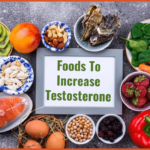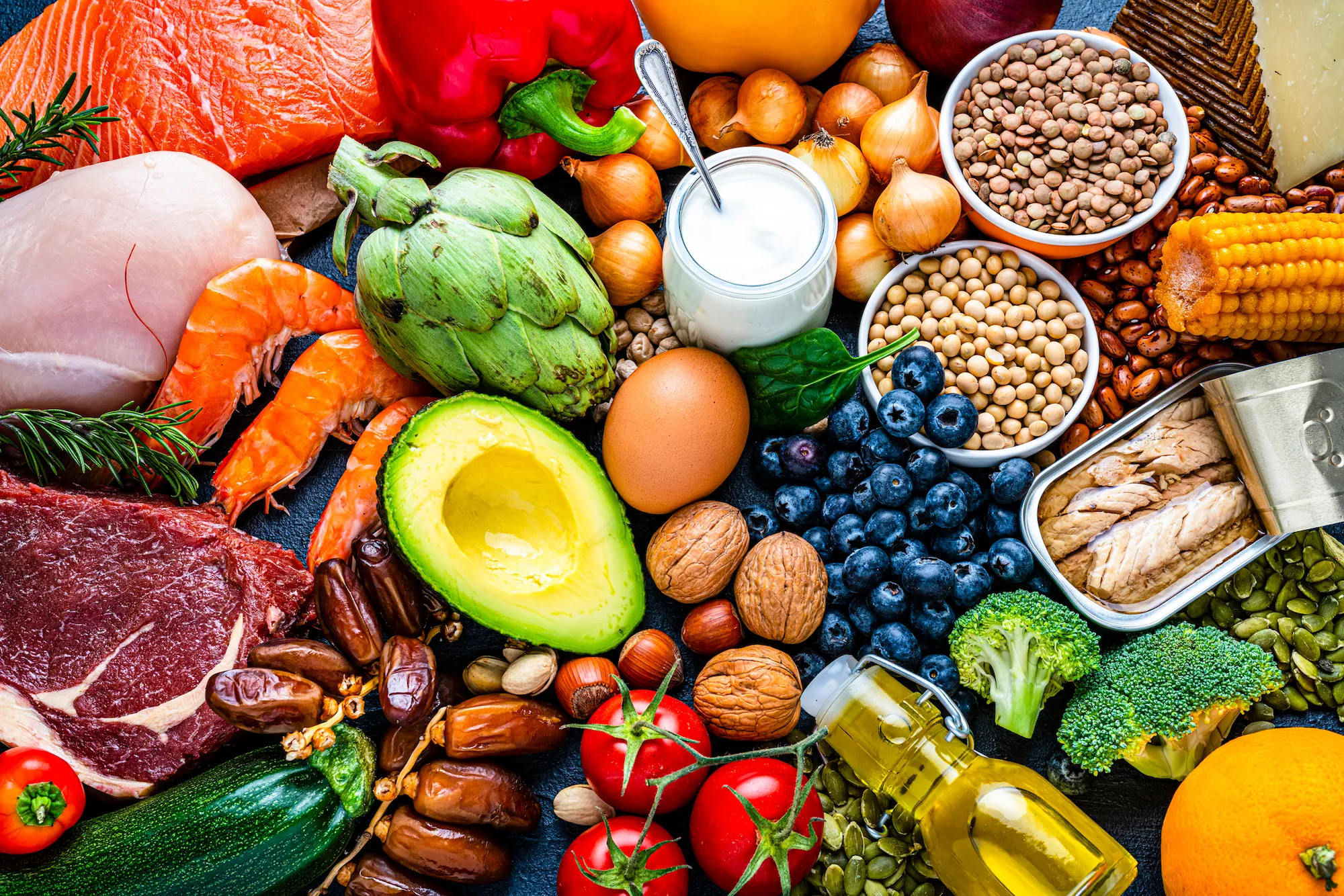A high-antioxidant diet offers numerous benefits for overall health and well-being. Antioxidants are compounds that help protect the cells in our body from damage caused by harmful molecules called free radicals. Here are some specific benefits of a high-antioxidant diet:
- Reduced oxidative stress: Free radicals are produced naturally in the body as a byproduct of metabolism and can cause oxidative stress, leading to chronic inflammation and cellular damage. Antioxidants help neutralize these free radicals, reducing oxidative stress and its associated negative effects on the body.
- Improved immune function: Antioxidants support a healthy immune system by neutralizing harmful free radicals that can damage immune cells. By reducing oxidative stress, a high-antioxidant diet can enhance immune function and help the body fight off infections and diseases more effectively.
- Heart health: Antioxidants, particularly flavonoids and polyphenols found in fruits, vegetables, and whole grains, have been associated with a lower risk of heart disease. They help reduce inflammation, lower blood pressure, improve blood vessel function, and protect against LDL cholesterol oxidation.
- Anti-aging effects: Oxidative stress contributes to aging and the development of age-related diseases. Antioxidants, by neutralizing free radicals, can help slow down the aging process and reduce the risk of age-related diseases, including cognitive decline and certain chronic conditions.
- Reduced risk of chronic diseases: A high-antioxidant diet has been linked to a reduced risk of chronic diseases such as cancer, diabetes, and neurodegenerative disorders. Antioxidants help combat DNA damage, protect against cell mutations, and support healthy cell function, reducing the risk of these diseases.
- Skin health: Antioxidants play a vital role in maintaining healthy skin by protecting it from oxidative stress caused by UV radiation, pollution, and other environmental factors. They help promote collagen production, improve skin elasticity, and may even prevent the formation of wrinkles and other signs of aging.
- Eye health: Antioxidants, particularly vitamins C and E, lutein, and zeaxanthin, are essential for maintaining good eye health and preventing age-related macular degeneration and cataracts. They protect the eyes from damage caused by oxidative stress and harmful blue light.
- Brain health: Oxidative stress is a contributing factor to age-related cognitive decline and neurodegenerative diseases like Alzheimer’s and Parkinson’s. Antioxidant-rich foods can help protect brain cells, reduce inflammation, and support optimal brain function, potentially reducing the risk of these conditions.
To incorporate more antioxidants into your diet, focus on consuming a variety of colorful fruits and vegetables, whole grains, legumes, nuts, seeds, and spices like turmeric and cinnamon. Remember to opt for minimally processed foods to maximize antioxidant content.











